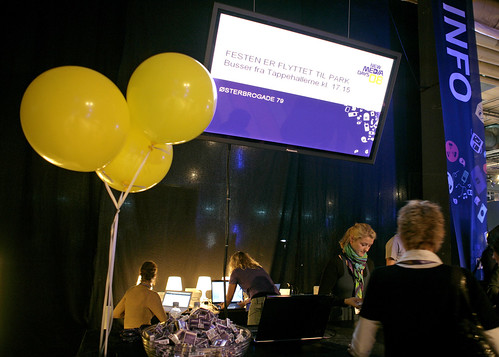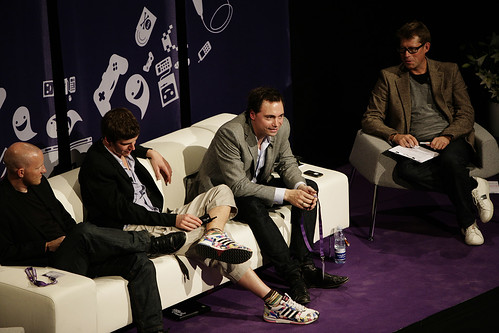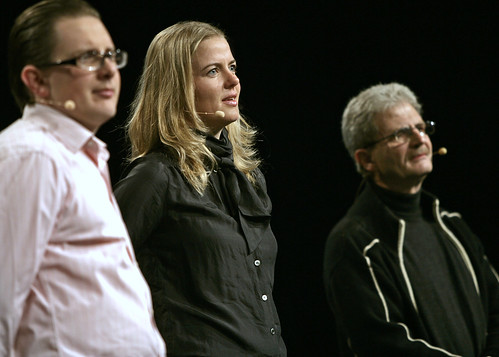Fed up with summer crime fiction? Next week brings some non-fiction that could prove as nerve shattering as the best whodunit – and the main characters are just kids!
Born Digital is published with high praise from Creative Commons-founder Lawrence Lessig, who calls it ”required reading for parents, educators, and anyone who cares about the future.” And who doesn’t basically.
More specifically it’s the future of our teenagers, our culture, our businesses and our regulatory principles that is at stake, according to authors and Professors of Law, John Palfrey and Urs Gasser. The subtitle of their prediction analysis is “Understanding the First Generation of Digital Natives” and it accounts for the societal changes brought on by digital technologies, the kids that are surfing them and the 30+ that are struggling to stay afloat.
The book excerpt states that digital natives “have come to have a degree of control over their cultural environment that is unprecedented,” but as much as this development requires caution, the authors wish “to suggest things that all of us – parents, teachers, leaders of companies, and lawmakers – can do to manage this extraordinary transition to a globally connected society without shutting the whole thing down.”
“The purpose of this book is to separate what we need to worry about from what’s not so scary, what we ought to resist from what we ought to embrace.”
This is beautifully in tune with social media pioneer Howard Rheingold’s message in this 3 minute interview: “Is internet communication beneficial or destructive to our social relationships, does it increase or drain away social capital from our societies. The answer: It depends on the knowledge we have of using these media.”
Rheingold, who teaches social media through social media at Stanford, sees it as a tremendous opportunity as well as a challenge for educators to guide the development of participatory media in a mutually beneficial direction. To make the Smart Mobs smarter, instead of more moblike, as he puts it.
I tried to remember incidents of either smart or moblike digital natives in Denmark (and all I got was this lousy t-shirt…?) but somehow I’m short of examples. Anyone? Or does high standard of living just coincide with exceptional social media morals?
Meanwhile, I’m looking forward to the suspenseful pages of Born Digital.















